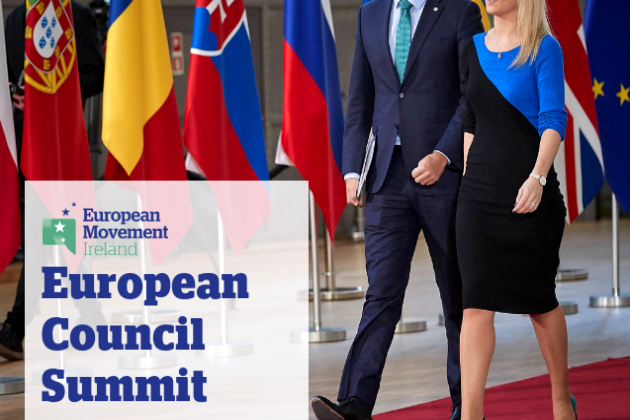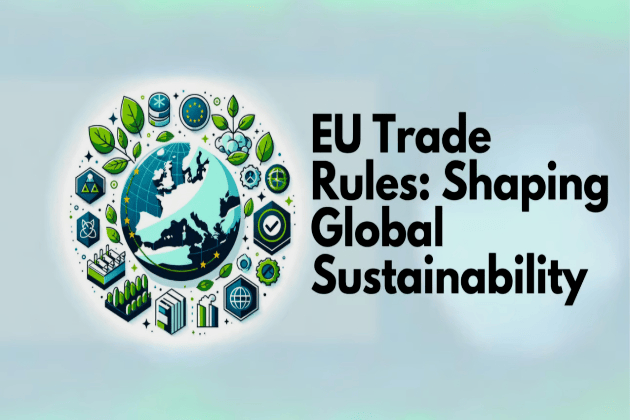As e-cigarettes take heat, Europe takes wait-and-see approach
News24
19 Sep 2019, 01:11 GMT+10

Europe appears to have been spared an outbreak of the mysterious vaping-induced illnesses that have claimed seven lives in the US, prompting a backlash against e-cigarettes, but regulators say they are closely monitoring the situation.
In Europe, e-cigarettes have had mixed success, with strong uptake in countries such as Britain and France but little appetite for them in Germany, where tobacco ads are still allowed in cinemas and on the street.
E-cigarettes, which heat a liquid that turns to a tarless vapour when inhaled, are more tightly regulated in Europe than in the United States.
A 2014 EU directive limits the amount of nicotine contained in e-liquids to 20 mg/ml, less than is available in some parts of the US.
Most European countries subject e-cigarettes to the same restrictions as tobacco -- banning their use in closed public spaces, banning outdoor advertising of vaping shops, and restricting sales to over-18s.
But with concern over e-cigarettes in Europe growing after the deaths in the US and a World Health Organization finding that vaping is "undoubtedly harmful", calls for tighter laws are mounting.
The European Commission has pledged to review the science on vaping by May 2021 with a view to possibly updating the directive.
Britain to vaping's defence
In Britain, one of Europe's biggest vaping markets, the government has recognised that e-cigarettes are "not risk-free" but maintains they are still "significantly less harmful to health than smoking tobacco and can help smokers to quit."
France, however, has taken a more ambivalent attitude towards e-cigarettes.
Vaping products were not credited for a million-strong drop in the number of daily smokers between 2016 and 2017, with the health ministry linking the decline to higher tobacco taxes -- despite figures showing that many smokers kicked the habit through vaping.
Russia and Switzerland are among the few European countries where e-cigarettes are treated like regular products, but both have draft laws in the pipeline to bring their regulations in line with their European counterparts.
Among the other countries to take a more lenient attitude to e-cigarettes are Romania and Bulgaria, which still allow vaping in closed public places.
Fears over flavours
Some European governments are considering extending bans they already have in place on flavoured cigarettes to e-cigarettes, fearing that flavours such as mint, cherry and chocolate are inciting youngsters to take up the habit and getting them hooked on nicotine.
US President Donald Trump's administration said Wednesday that it would soon ban flavoured e-cigarette products to stem rising numbers of youth users.
But so far in Europe, the flavours have been tolerated as a way of helping smokers make the switch from tobacco.
The Baltic state of Estonia is one of the few countries to have already banned the sale of e-liquids with stimulants like caffeine or taurine, as well as any flavours other than tobacco.
Sweden, where a ban on flavoured regular cigarettes is due to come into force in 2020, has said it could also ban flavoured e-cigarettes if it were to see a sharp rise in the number of young vapers using them.
In Denmark too, where e-cigarettes have been on sale since 2008, the tide appears to be turning against e-puffing.
In August, health authorities for the first time warned citizens, particularly children and pregnant and breastfeeding women, off the devices, and several politicians have also called for a ban on flavoured e-liquids.
 Share
Share
 Tweet
Tweet
 Share
Share
 Flip
Flip
 Email
Email
Watch latest videos
Subscribe and Follow
Get a daily dose of Scandinavia Times news through our daily email, its complimentary and keeps you fully up to date with world and business news as well.
News RELEASES
Publish news of your business, community or sports group, personnel appointments, major event and more by submitting a news release to Scandinavia Times.
More InformationEurope
SectionDublin ranked 2nd most expensive for apartment construction in Europe
DUBLIN, Ireland: Dublin has been ranked as the second most expensive city for apartment construction among ten major European locations,...
Major European summit planned in Ireland next year
DUBLIN, Ireland: Ireland is positioning itself to host a high-profile gathering of European leaders next year, with Tanaiste Simon...
EC to ease sustainability rules to boost business competitiveness
BRUSSELS/LONDON: The European Commission is preparing to ease sustainability reporting requirements for businesses as part of a broader...
Ireland’s average rents went up by 5.7% in 2024, report says
DUBLIN, Ireland: Ireland's rental market continued to tighten in 2024, with average rents rising by 5.7 percent over the year, according...
EU pushes for US gas, renewables to cut Russian Reliance by 2027
BRUSSELS, Belgium: The European Union is ramping up efforts to secure alternative gas supplies and accelerate its shift to renewable...
Ireland supermarket honors 1999 pre-euro voucher
DUBLIN, Ireland: A supermarket in Kildare made headlines after honoring a 5-pound voucher issued in 1999, long before Ireland adopted...
International
SectionPoland to continue covering Ukraine’s Starlink costs, says deputy PM
WARSAW, Poland: Deputy Prime Minister Krzysztof Gawkowski confirmed over the weekend that Poland has been covering the cost of Ukraine's...
Opinion - Israel's government exploited hostages
Israel sustained the West's support for its slaughter in Gaza for 15 months only through an intensive campaign of lies. It invented...
Pentagon to cut 5,400 jobs amid Trump’s federal workforce reduction
WASHINGTON, D.C.: The Pentagon announced this week that it will cut 5,400 jobs as part of President Donald Trump's plan to shrink the...
Newsom urges Congress for $40 Billion to aid LA wildfire recovery
SACRAMENTO, California: California Governor Gavin Newsom is urging Congress to approve nearly US$40 billion in federal assistance to...
USDA scholarship for underserved students from Black colleges on hold
WASHINGTON, D.C.: A U.S. government scholarship program designed to help students from underserved and rural areas attend historically...
US oil tariff may force foreign producers to pay $10 billion annually
WASHINGTON, D.C.: A proposed 10 percent U.S. tariff on oil imports could deal a US$10 billion annual blow to foreign producers, particularly...













